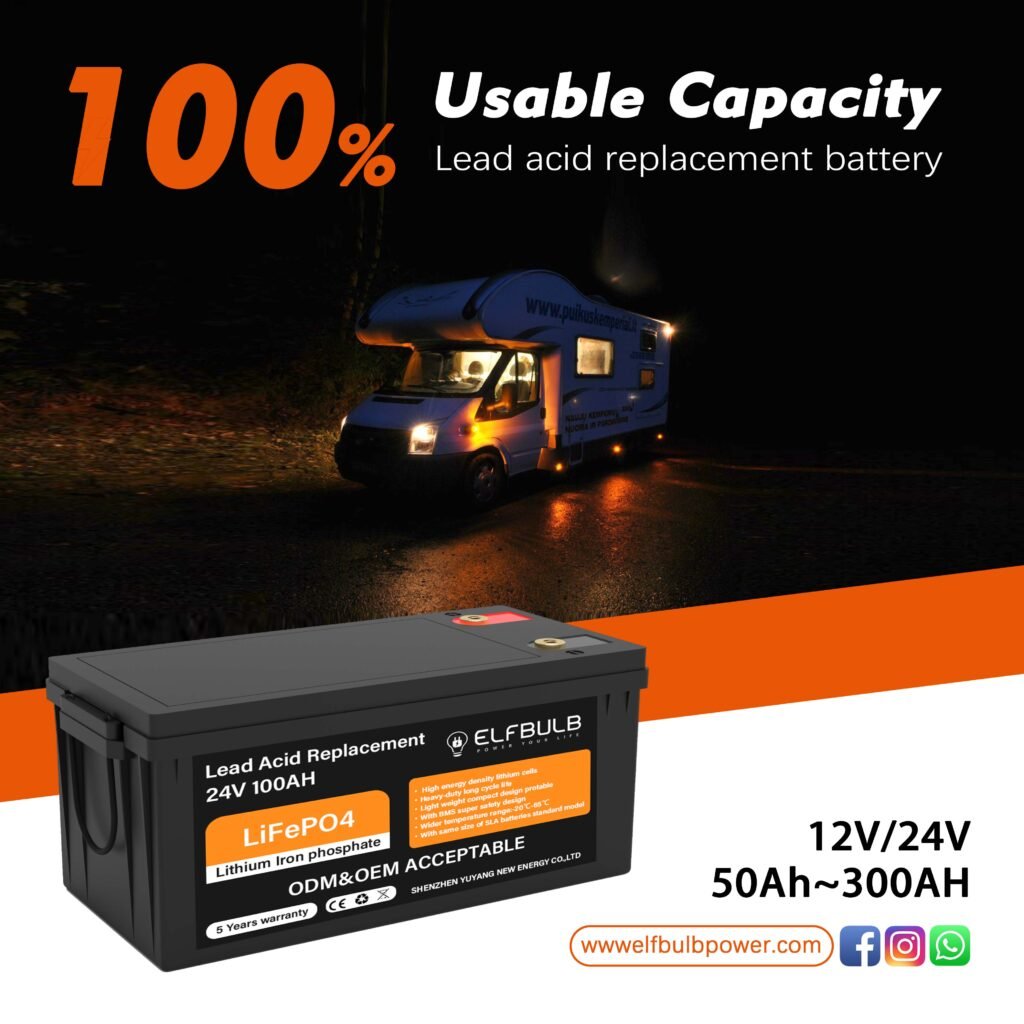Blog
Lithium-ion batteries, as crucial components in modern mobile devices, electric vehicles, and renewable energy storage, rely heavily on battery materials for their performance and reliability. Let’s delve into these key materials. 1. Cathode Materials 1.1 Lithium Iron Phosphate (LiFePO₄) 1.2 Lithium Cobalt Oxide (LiCoO₂) 2. Anode Materials 2.1 Graphite ©
Gel Batteries (GEL Batteries) Lithium Batteries Summary
Introduction In our daily lives, lithium battery cells have become an omnipresent entity. From smartphones to electric cars, from watches to laptops, the applications of lithium batteries are diverse and extensive. But do you really understand how lithium battery cells work and why they are so important? Working Principle of Lithium Battery
Introduction When we talk about batteries, we usually think of a portable power solution that can provide power to various devices. In this article, we will focus on the 12V 12Ah battery, which is widely used in various devices. What is a 12V 12Ah Battery? A 12V 12Ah battery is a rechargeable battery
Introduction In our daily lives, the stability of power supply is crucial. Whether it’s homes, offices, or industrial facilities, we rely on a stable power supply to keep things running. However, power supply is not always stable, and that’s where Uninterrupted Power Supply (UPS) comes in. Among all backup power
In our daily life and work, the stability of power supply is crucial. To ensure the continuity of power supply, people have invented Uninterruptible Power Supply (UPS) and UPS batteries. So, what is the difference between UPS and UPS batteries? Let’s explore together. What is UPS? Uninterruptible Power Supply (UPS)







